RECOMMENDED NEWS
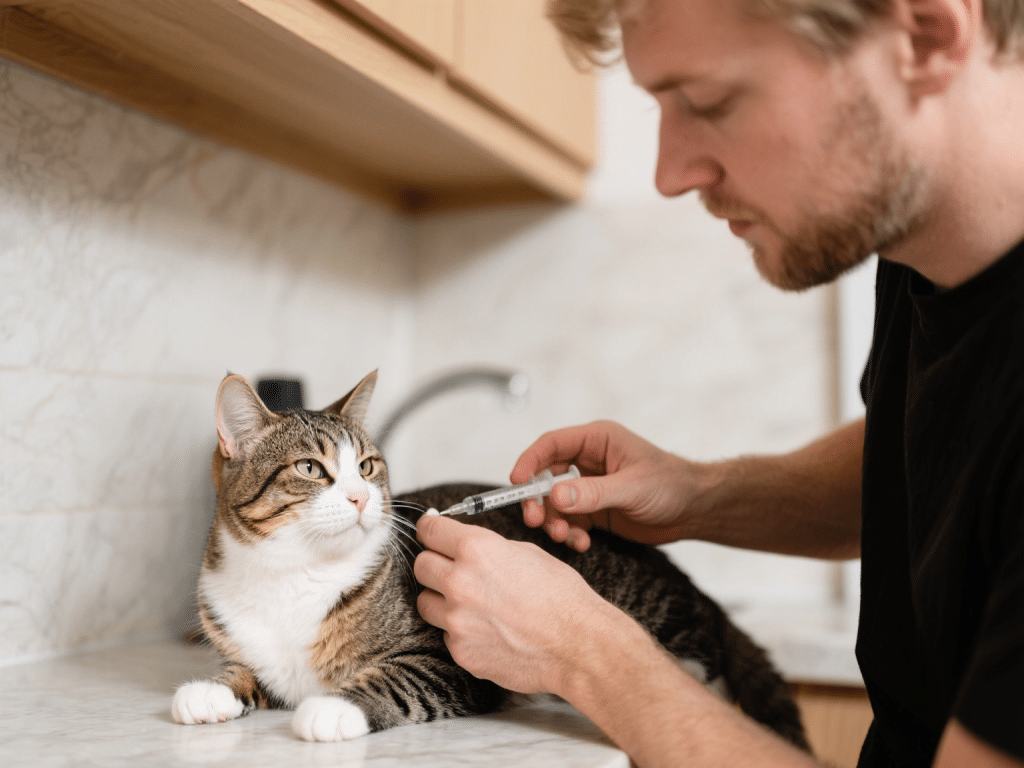
Understanding and Managing Feline Diabetes: A Comprehensive Care Plan
Feline diabetes affects up to 1 in 100 cats, leading to excessive thirst, weight loss, and lethargy....
Read More →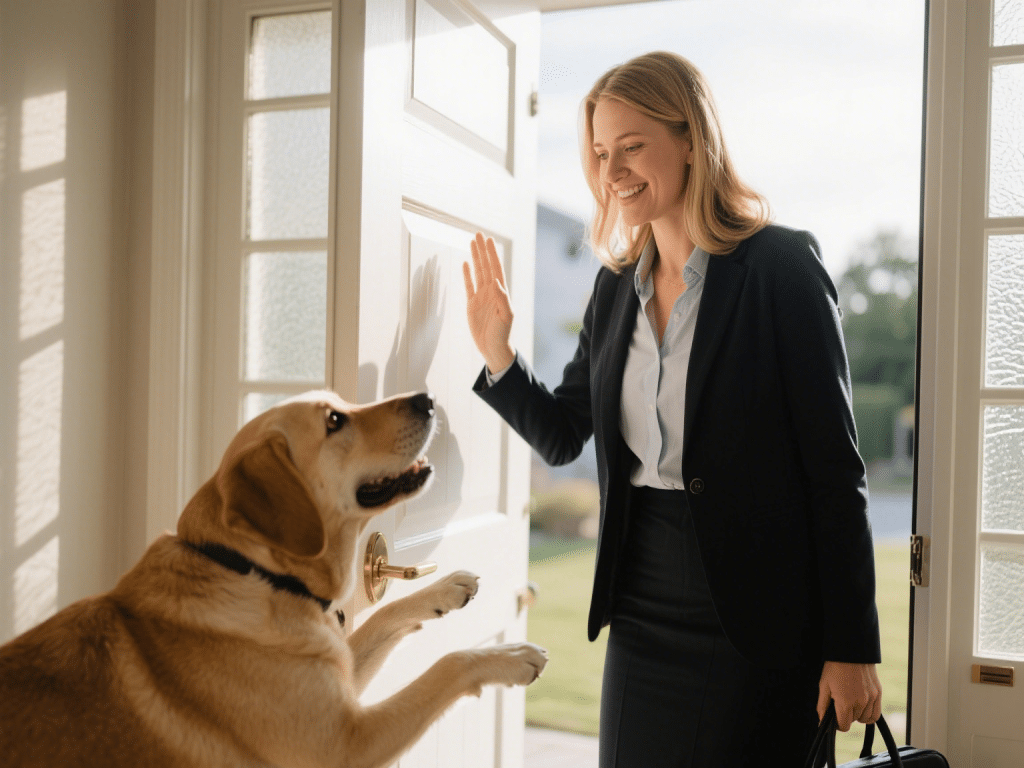
Tips for Managing Dog Separation Anxiety During Work Hours
IntroductionNearly 20–40% of dogs display separation anxiety when left alone, leading to destructi...
Read More →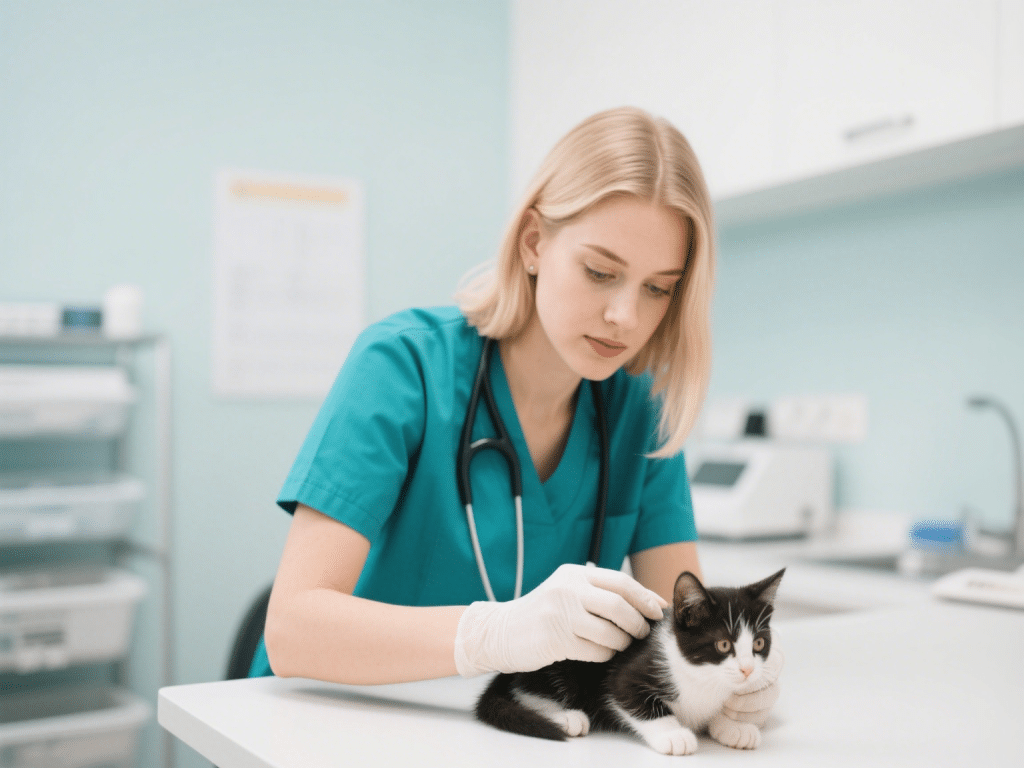
Preventing Kitten Flea Infestations: Vet-Recommended Strategies
IntroductionKittens are especially vulnerable to fleas—they can suffer anemia, dermatitis, and tra...
Read More →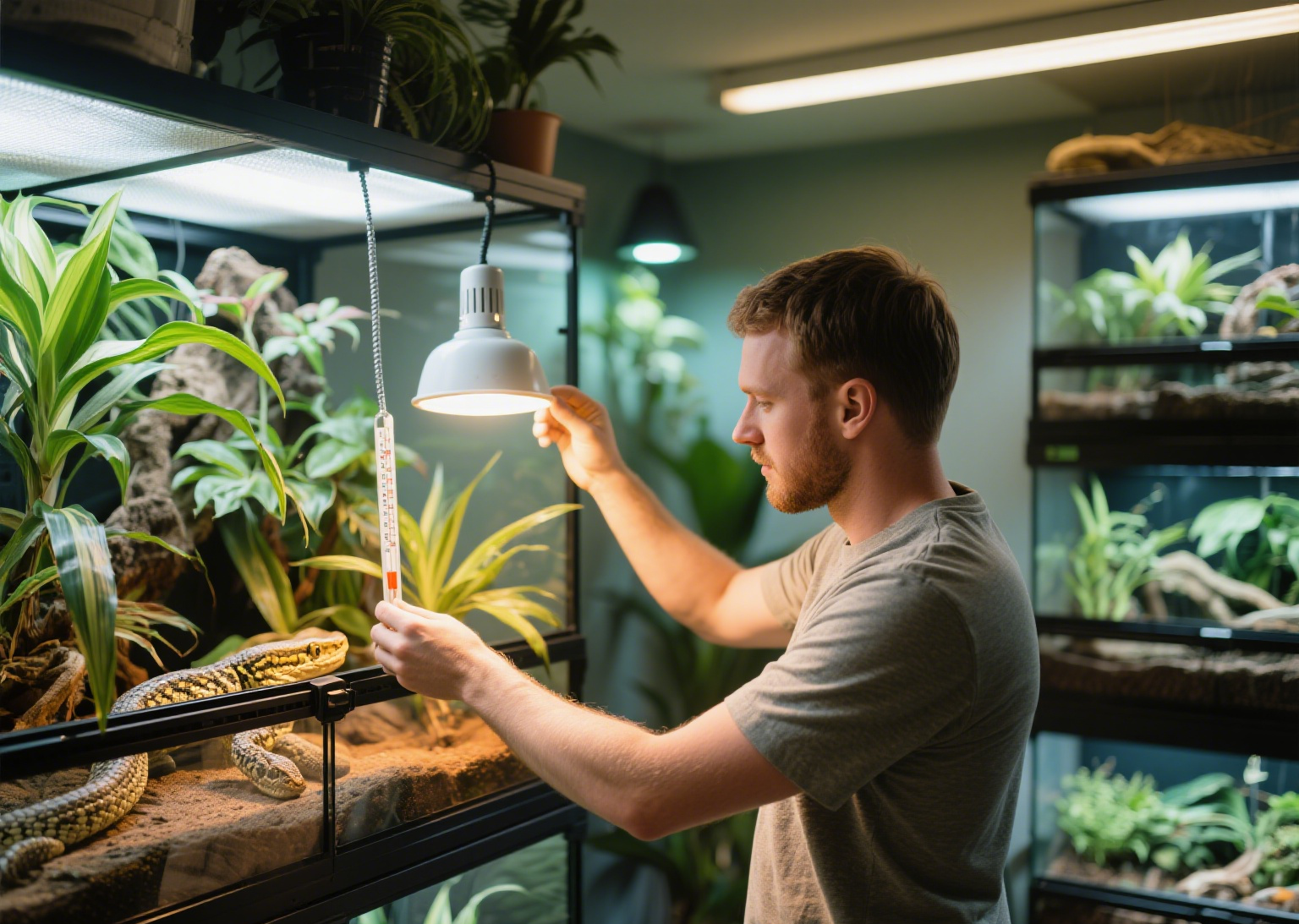
How to Set Up a Reptile Terrarium: Temperature and Lighting
IntroductionCreating a suitable terrarium environment is essential for the health and longevity of c...
Read More →
Multi-Cat Household Deworming: Preventing Parasite Spread
IntroductionIn multi-cat households, parasites can spread rapidly between cats, resulting in recurri...
Read More →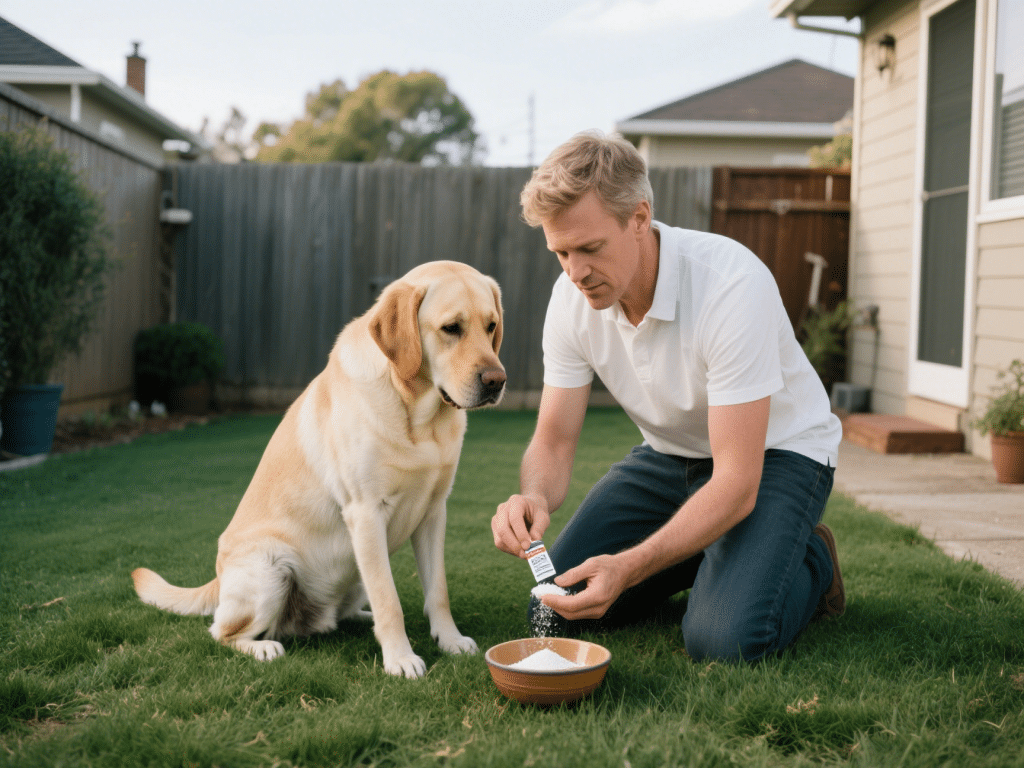
How Often to Deworm Your Kitten: A Complete Guide
IntroductionKittens often acquire intestinal parasites via the mother or the environment. Regular de...
Read More →
Best Dog Dewormers for Puppies: A Vet-Recommended Guide
IntroductionPuppies are particularly vulnerable to intestinal parasites—roundworms, hookworms, and...
Read More →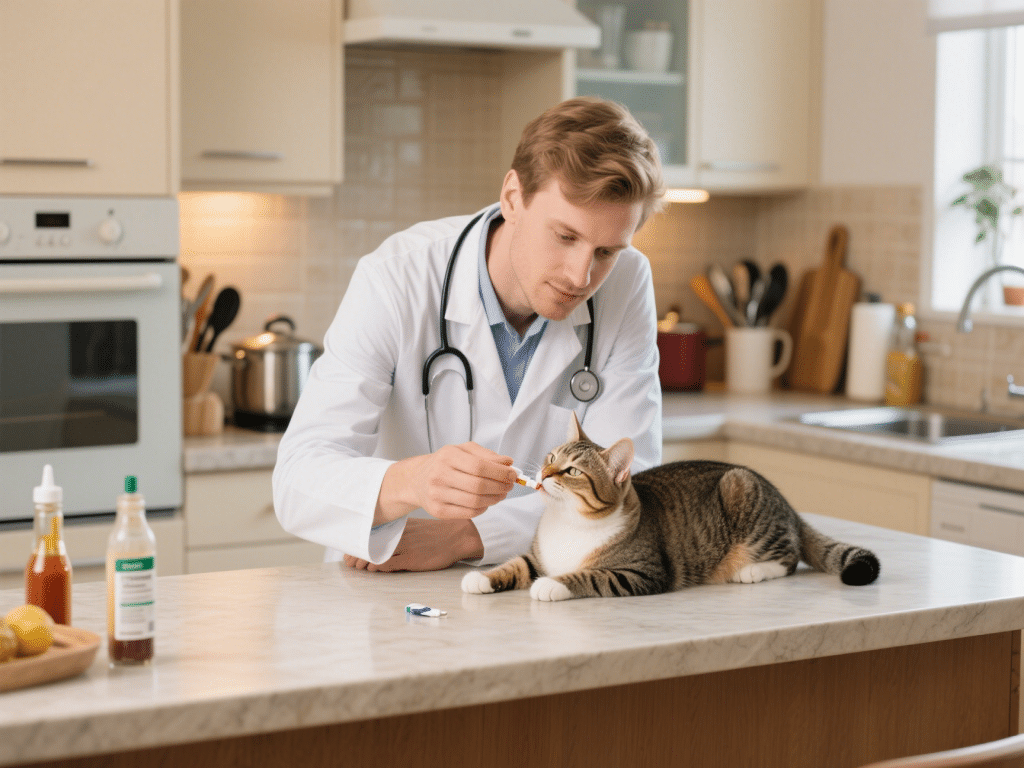
Top Safe Deworming Methods for Indoor Cats: Effective Parasite Prevention
IntroductionIndoor cats are often perceived as less susceptible to parasites, but they can still con...
Read More →
How to Detect and Treat Ear Infections in Dogs Early
IntroductionEar infections (otitis externa) are common in dogs, especially those with floppy or hair...
Read More →
Comments on "Pet Socialization: Introducing Your Puppy to Other Dogs Safely" :